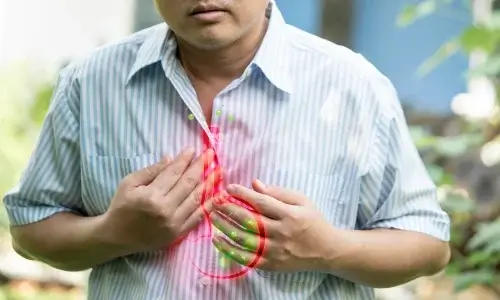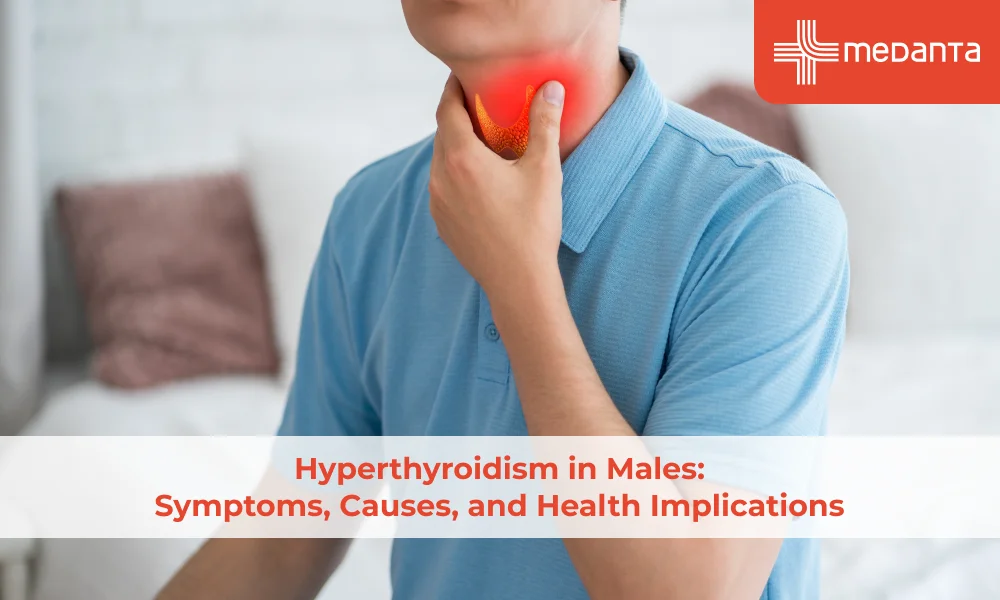Everything You Should Know About the Gastroesophageal Reflux Disease

TABLE OF CONTENTS
What is Gastroesophageal Reflux Disease?
Gastroesophageal reflux or chronic acid reflux is a state in which the digestive acids from the stomach doggedly come back to the mouth by means of the oesophagus. Oesophagus is a tube-like passage starting from the mouth to the abdomen. The acids come back because the oesophageal sphincter, which is a valve at the lower end of the oesophagus, does not close the right way when the food comes down.
When the valve does not close, the acid pours back into the mouth passing through the gullet and the throat. As soon as the backwash finally reaches in your mouth you have a sour taste. When looked at as an indigestion-related condition, it nearly happens to everyone at some point in time. However, if someone is experiencing this every now and then along with the heartburn and the medications are not working, then they may have been suffering from GERD.
A person with this condition is most likely to feel heartburn and acid burps at times. Heartburn is a burning sensation in the chest that happens because of the irritation caused by the acids in the lining of the oesophagus. Usually, this feeling arrives after the person is done eating or lying down. It can often interrupt one’s sleep cycle too.
When the acid comes back once in a while, then it is a common phenomenon. However, if it keeps coming back the tissues can be severely damaged. So, it is advised to get you checked if the problem persists to prevent any future consequences.
What Causes Acid Reflux Disease?
GERD occurs when the lower valve of the oesophagus does not close normally. Because of this relaxation, the acids flow back to the mouth in the same direction and cause reflux. Now, there are a few reasons why this happens.
Increased pressure on the stomach can be a reason for heartburn and acid indigestion. One factor contributing to this excessive pressure can be pregnancy. Pregnant ladies are most likely to experience such symptoms on a daily basis.
Some kinds of food items also contribute to this condition. Mostly, fried and spicy food is to blame.
Certain medications are also to be held responsible for symptoms like heartburn. The medicines are often prescribed for pain, asthma, allergies, and high blood pressure.
The upper portion of the stomach can also protrude to the diaphragm resulting in an obstruction in the way of food ingestion.
Acid Reflux Symptoms
While we know about the two most prominent indications of Gastroesophageal reflux disease, there are a few more to discuss about:
Having a problem swallowing the food
You may feel like the food is caught up in your mouth.
One can also experience coughing, vomiting, and chest pain.
Repeated sore throat

How to Diagnose GERD?
Your medical advisor will first find out whether the symptoms you have been experiencing are related to just regular reflux or are associated with Gastroesophageal disease. If it is the reflux, you will be given some medications to treat it and if the case does not fit right there are a few more options that can be tested.
GI endoscopy and biopsy can be done to determine the lining inside the mouth and the throat. In some cases, a bit of tissue can also be cut out to find out more about the same. Another option is an X-Ray in which you will be required to drink barium which will help track the well-being of the insides of your body. A thin tube can also be sent down the throat to find out about the Ph levels.
Acid Reflux Treatment
Now, you will be mostly treated by prescribing medications dedicated to various causes. Antacids and proton pump inhibitors are the most common of them. In case, which is a rare phenomenon your body does not respond to the traditional method of acid reflux treatment, surgery can be a potential option.
Laparoscopic/open fundoplication is one standard surgery method which fixes your acid reflux by constructing another valve mechanism at the lower end.
Summary
Acid reflux is a common problem faced by many at some point of time in their lives. It is not a problem until it develops into GERD and starts causing serious problems. One must consume a healthy diet to avoid most of their problems.






